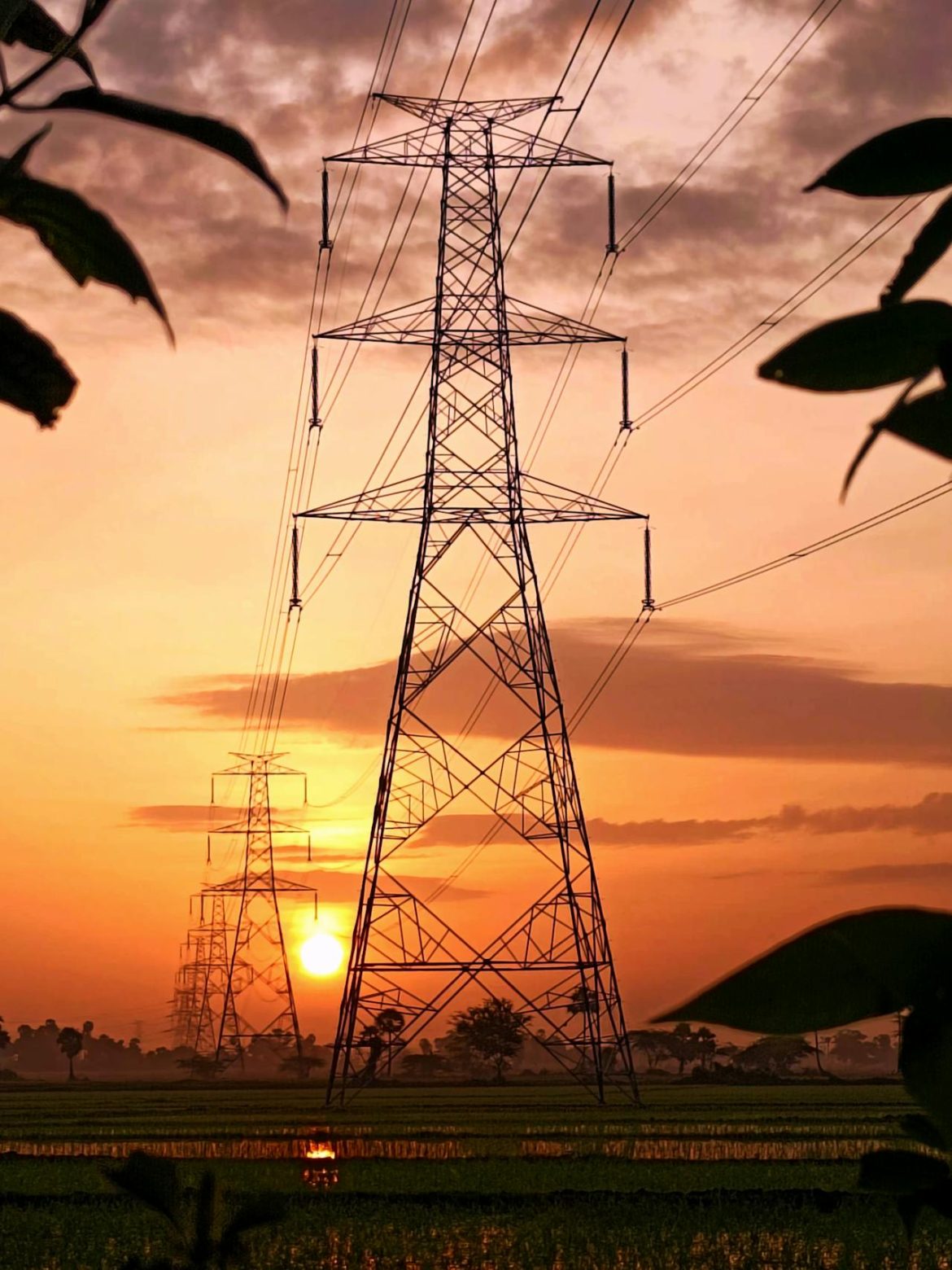South Africa, the third-largest economy and the highest energy consumer in Africa is facing a severe electricity crisis that threatens its economic and social stability. The country has been experiencing frequent and prolonged power cuts, also known as load-shedding, due to the aging and breakdown-prone coal-fired plants that supply 95% of its electricity.
To address this crisis, the government launched a fast-tracked emergency auction in 2020 to select 11 power projects that would deliver nearly 2 GW of new capacity by mid-2023. The projects include a mix of solar, wind, battery storage, and natural gas technologies. However, according to a report by Reuters, eight of these projects, representing more than 90% of the anticipated capacity, have yet to secure investment.
The report cites several challenges that have hampered the financing of the projects, such as the COVID-19 pandemic, rising interest rates, higher costs of equipment and labor, and regulatory uncertainty. The projects have already received several extensions on the original mid-2022 deadline to reach financial close, but a final year-end deadline is looming.
The delay in the emergency power procurement will continue to hurt the state-owned utility Eskom, which has $26bn of debt and struggles to maintain its coal plants. Eskom’s acting CEO, Calib Cassim, said on Tuesday that the power cuts will persist until at least 2025 and will affect the utility’s financial performance this year.
The power shortage has also affected other planned renewable energy projects in the country. A source told Reuters in July that the government expects only half of the 2.6 GW of wind and solar capacity from a 2021 bidding round to come online.
President Cyril Ramaphosa has declared a national state of disaster to respond to the electricity crisis and its effects. This measure gives the government additional powers and funds to implement practical measures to support businesses and critical infrastructure, such as hospitals and water plants. It also enables the government to exempt them from load-shedding and to streamline the procurement processes for energy projects.
A top official in Ramaphosa’s office, who asked not to be named, said it is unlikely that further extensions will be granted to the 2020 projects beyond December. He said the government is committed to ensuring the safety and benefits of renewable energy for the country.
South Africa has abundant renewable energy resources, especially solar and wind, and has successfully scaled up its renewables-based generation at a competitive cost. According to a report by IRENA, South Africa could realistically supply 49% of its electricity mix from renewables by 2030, up from 17% in 2015. This would reduce its carbon emissions and dependence on fossil fuels, creating jobs and economic opportunities.
Source: TimesLIVE



